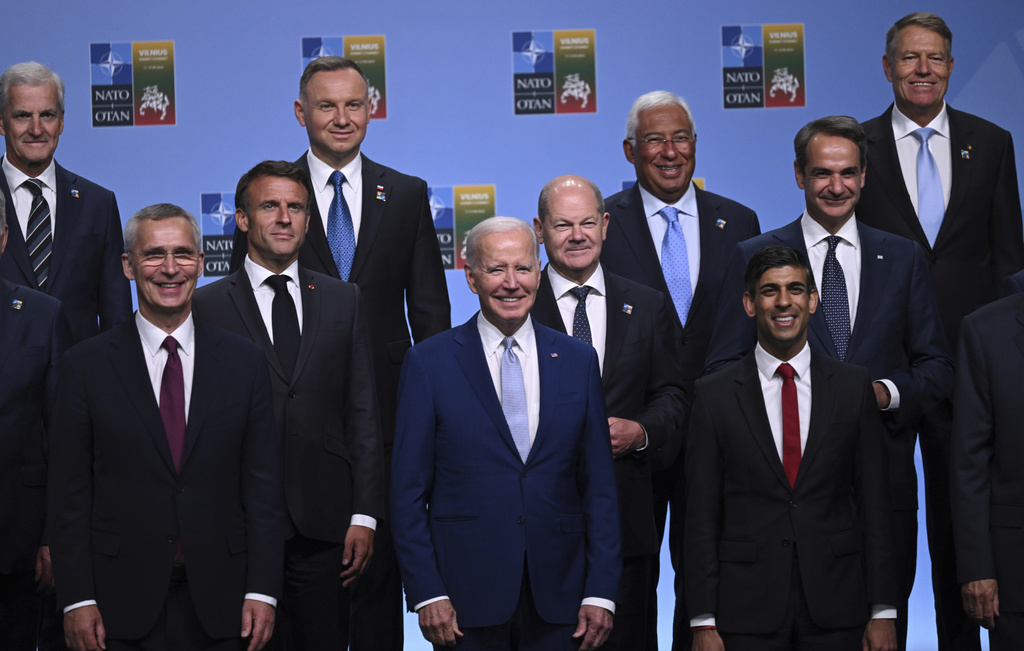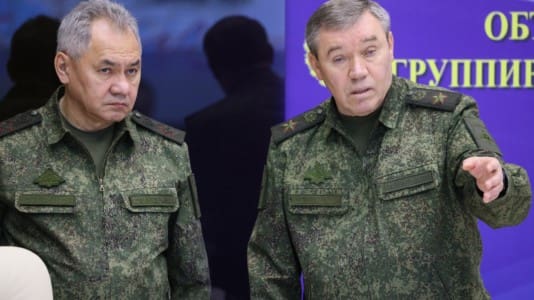The former chief of Poland’s special forces unit “GROM,” General Roman Polko, said he believes that the NATO summit in Vilnius was successful, as it overcame Turkish resistance to Swedish membership of NATO, which means Poland is more secure in the area of the Baltic Sea. He also cited the decision to have a permanent presence of NATO forces in Poland.
Gen. Polko feels that declaring Russia as the main threat to NATO was also important and has led “to the change in NATO’s deterrence policy away from reacting only once parts of a member state are occupied.”
The new doctrine is that NATO will defend every inch of its member states’ soil, says the general.
On the question of Ukrainian membership of NATO, Gen. Polko believes that deeds matter more than words, and the deeds are that member states are ramping up military assistance to Ukraine, with Germany and France having markedly changed their approach. The Ukrainian army is also being made more and more compatible with NATO forces.
Gen. Polko said he did not feel that the question of a timetable for Ukrainian membership in NATO mattered. That timetable was dependent on Ukraine forcing out the Russians from their territory and could not be determined at present, he said.
The general argues that Poland has realized its objectives at the NATO summit because NATO’s eastern flank and the capacity for NATO to act in the Baltic Sea have been enhanced. This means that the Suwałki Gap is now surrounded by NATO forces and the Kaliningrad region of Russia is less of a threat. The presence of Sweden and Finland in NATO also means two more allies who understand the threat Russia poses, concluded the general.






